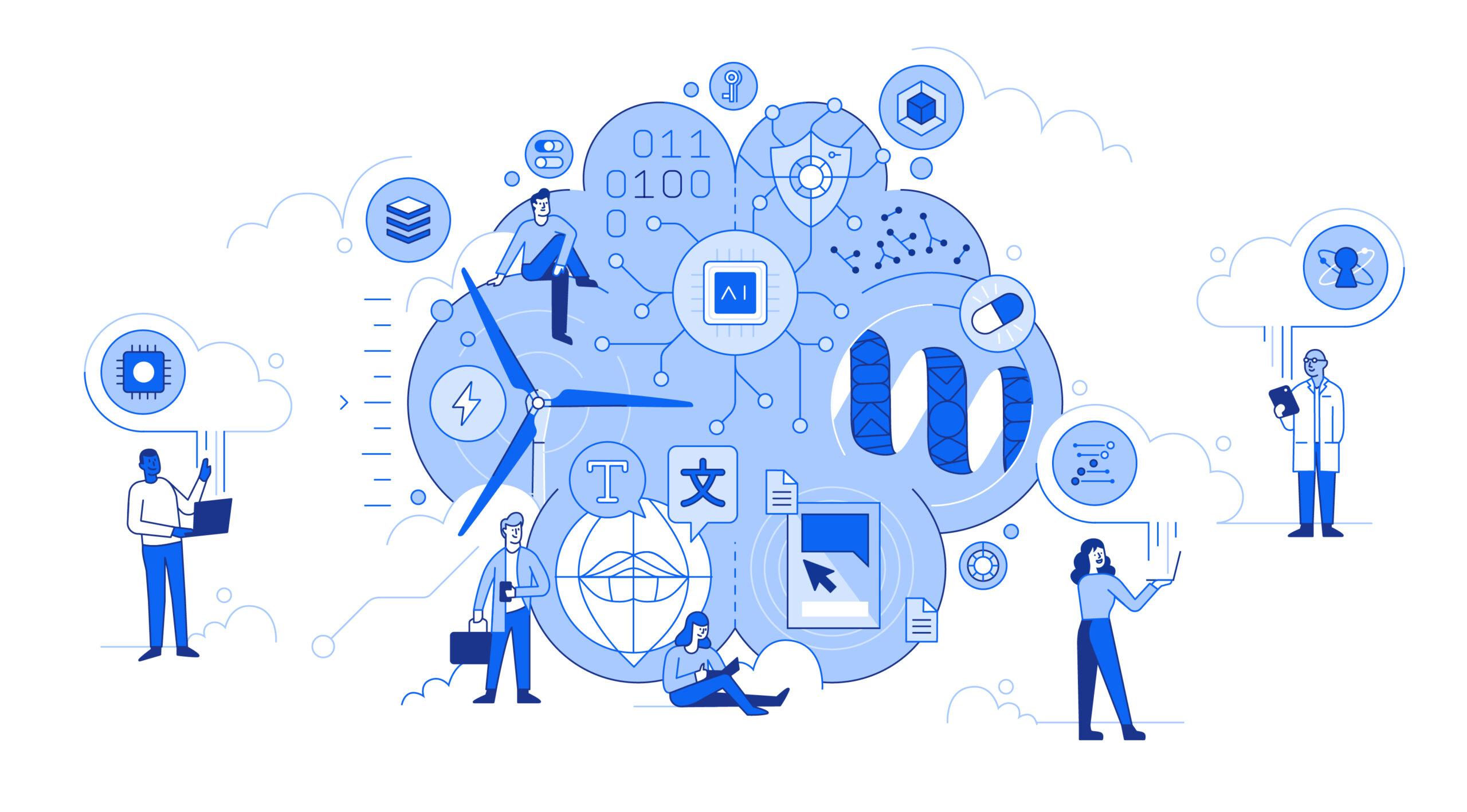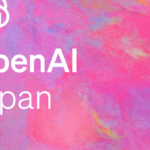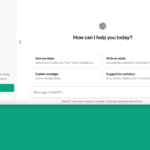
[ad_1]
Applying our AI research, we’ve helped Google Cloud enhance core solutions used by their customers at scale
Alphabet’s Google Cloud empowers organisations to digitally transform themselves into smarter businesses. Its diverse solutions include cloud computing, data analytics, and the latest artificial intelligence (AI) and machine learning tools. Last week, many of the platform’s latest advances were shared at Next ’22, Google Cloud’s annual developer and tech conference about digital transformation in the cloud.
We’ve partnered with Google Cloud over the last few years to apply our AI research for making a positive impact on core solutions used by their customers. Here, we introduce a few of these projects, including optimising document understanding, enhancing the value of wind energy, and offering easier use of AlphaFold.
Supporting product innovation across Document AI
From cuneiform tablets to the printing press, societies have created ways of sharing written knowledge quickly and effectively. Such documents vary across countries, languages, and industries, making it difficult to find solutions for extracting and using such diverse information at scale.
Google Cloud’s Document AI helps users simply upload a document, like an invoice, tax form, or bank statement to make its digital, printed, or handwritten scanned information extractable and queryable. Industries looking to use AI tools for document understanding need vast amounts of training data to perform well. But this type of data is often unavailable, incomplete, or lacks proper annotation, blocking widespread AI adoption.
Working together with Google Cloud’s Document AI team, we helped develop innovative machine learning models that need 50-70% less training data to parse utility bills and purchase orders and are continuing internal evaluation of the method on other document types. We’re also working to improve the solution’s performance across languages with smaller datasets, thus helping enable customers across different industries and geographies to leverage the benefits of Document AI.
Enhancing the value of wind energy
As part of our company mission to solve intelligence to advance science and benefit humanity, we’re applying our AI research to enhance global sustainability initiatives. These efforts align with Google’s sustainability commitments. And in recent years, we’ve partnered with Google Cloud Professional Services to positively impact the wind energy sector to help build a carbon-free future for all.
Wind farms are becoming an increasingly important source of carbon-free electricity, but the wind can fluctuate depending on the weather. To balance supply and demand in the electricity grid, wind farm operators rely on energy generation forecasts. And if operators can commit to selling a certain amount of electricity based on the next day’s forecast, they can get a better price.
In collaboration with Google Cloud, we helped develop a custom AI tool to better predict wind power output, trained on weather forecasts and the customer’s historical wind turbine data. An additional model recommends delivery commitments for supplying this energy to the electricity grid a day in advance.
The global energy and renewables supplier ENGIE is now piloting this technology in Germany, and if successful, may apply this technology across Europe. Making wind energy more economically attractive while also improving its reliability will encourage the uptake of renewables, and that’s a win for everyone.
Providing access to our biggest breakthroughs with Vertex AI
From design to deployment of a new machine learning model, the development journey involves many stages and needs good data infrastructure. To support data scientists and businesses on this journey, Google Cloud built Vertex AI, a single platform where users can access machine learning tools for every step of the development lifecycle.
Soon after releasing our breakthrough AlphaFold system to the world, which accurately predicts the 3D structure of proteins, we made it available on Vertex AI. Using AlphaFold on Vertex AI makes it easier for scientists to run the AlphaFold prediction workflow effectively by tracking experiments, optimising hardware selection and managing this at scale.
Earlier this year, we expanded the AlphaFold Protein Structure Database to include nearly all catalogued proteins known to science. We’ve partnered with Google Cloud to host this huge database, offering more than 200 million proteins for bulk download, with billions of structures already downloaded. This resource is rapidly becoming an essential tool for the scientific community and catalysing a new wave of progress in biology.
Interested in applying AI research to create a positive impact in the world? Check out our open roles.
[ad_2]
Source link








